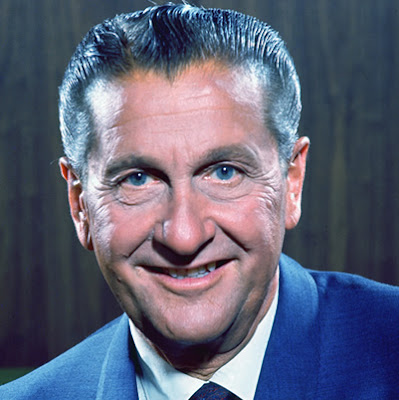___________________________
Today's text will go here, if I can come up with some before this day is done.
_____
HISTORICAL CLIP
On March 11, 1818 Frankenstein; or, The Modern Prometheus was published. The book, by 21-year-old Mary Wollstonecraft Shelley, is frequently called the world's first science fiction novel. In Shelley's tale, a scientist animates a creature constructed from dismembered corpses. The gentle, intellectually gifted creature is enormous and physically hideous. Cruelly rejected by its creator, it wanders, seeking companionship and becoming increasingly brutal as it fails to find a mate.
Although serving as the basis for the Western horror story and the inspiration for numerous movies in the 20th century, the book Frankenstein is much more than pop fiction. The story explores philosophical themes and challenges Romantic ideals about the beauty and goodness of nature.
Mary Shelley was a respected writer for many years, but only Frankenstein and her journals are still widely read. She died at the age of 53.
_____
WORD FOR TODAY
literature
noun
1. The body of written works of a language, period, or culture.
2. Imaginative or creative writing, especially of recognized artistic value.
3. The art or occupation of a literary writer.
4. The body of written work produced by scholars or researchers in a given field.
5. Printed material.
From Wikipedia:
Literature is the art of written work and can, in some circumstances, refer exclusively to published sources. The word literature literally means "things made from letters" and is sometimes used to signify "literature," as in the figures of speech "arts and letters" and "man of letters." Literature is commonly classified as having two major forms -- fiction and non-fiction -- and two major techniques -- poetry and prose.
From about.com:
Literature is a term used to describe written or spoken material. Broadly speaking, "literature" is used to describe anything from creative writing to more technical or scientific works, but the term is most commonly used to refer to works of the creative imagination, including works of poetry, drama, fiction, and nonfiction.
_____
BORN ON THIS DAY IN HISTORY
Born Mar. 11, 1903
Died: May 17, 1992
Died: May 17, 1992
Lawrence Welk was an American musician, accordionist, bandleader, and television impresario, who hosted The Lawrence Welk Show from 1955 to 1982. His style came to be known to his large number of radio, television, and live-performance fans (and critics) as "champagne music".
In 1996, Welk was ranked #43 on TV Guide's 50 Greatest TV Stars of All Time.
Born March 11, 1934
Age: 78 years old
Age: 78 years old
Samuel Andrew "Sam" Donaldson, Jr. is an American reporter and news anchor, serving with ABC News from 1967 to the present. He is best known as the network's White House Correspondent (1977-89 and 1998-99) and as a panelist and later co-anchor of the network's Sunday Program "This Week".
Born March 11, 1926
Died April 17, 1990
Died April 17, 1990
Ralph David Abernathy, Sr. was a leader of the American Civil Rights Movement, a minister, and a close associate of Martin Luther King, Jr. in the Southern Christian Leadership Conference. Following King's assassination, Dr. Abernathy took up the leadership of the SCLC Poor People's Campaign and led the March on Washington, D.C., that had been planned for May 1968.
Born Mar 11, 1898
Died Jun. 4, 1968
Died Jun. 4, 1968
Dorothy Elizabeth Gish was an American actress, and the younger sister of actress Lillian Gish. When they were old enough, Dorothy and Lillian were brought into their mother's act, and they also modeled.
In 1912, their childhood friend, actress Mary Pickford, introduced them to director D.W. Griffith, and the sisters began acting at the Biograph Studios. Dorothy and Lillian Gish both debuted in Griffith's An Unseen Enemy. Dorothy would go on to star in over 100 short films and features, many of them with Lillian.
__________
The decline of literature indicates the decline of a nation."
--Johann Wolfgang von Goethe







No comments:
Post a Comment